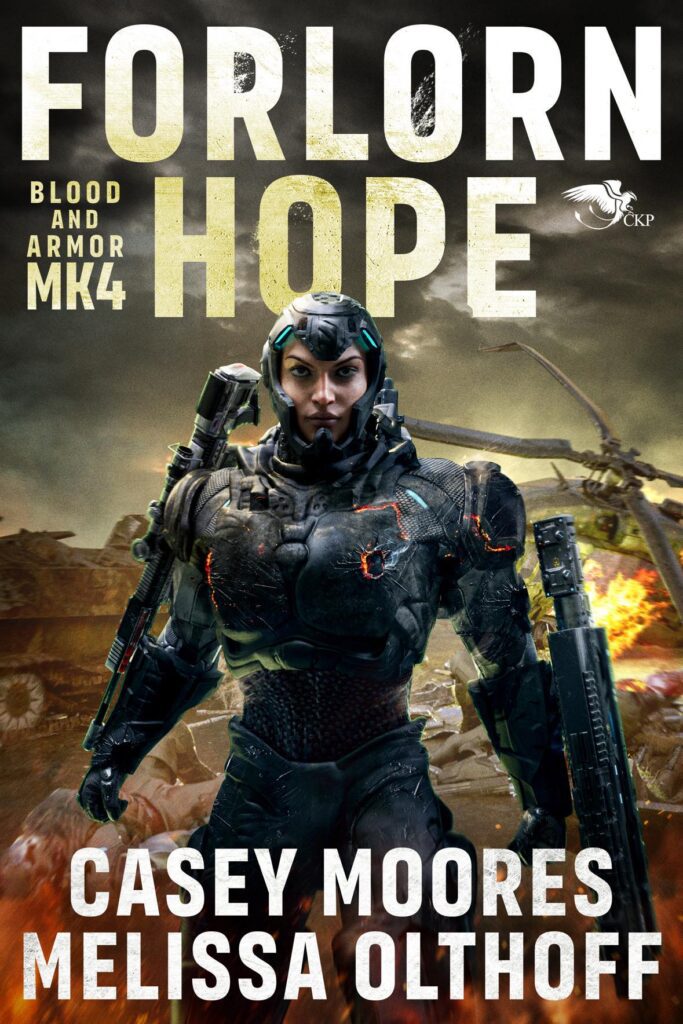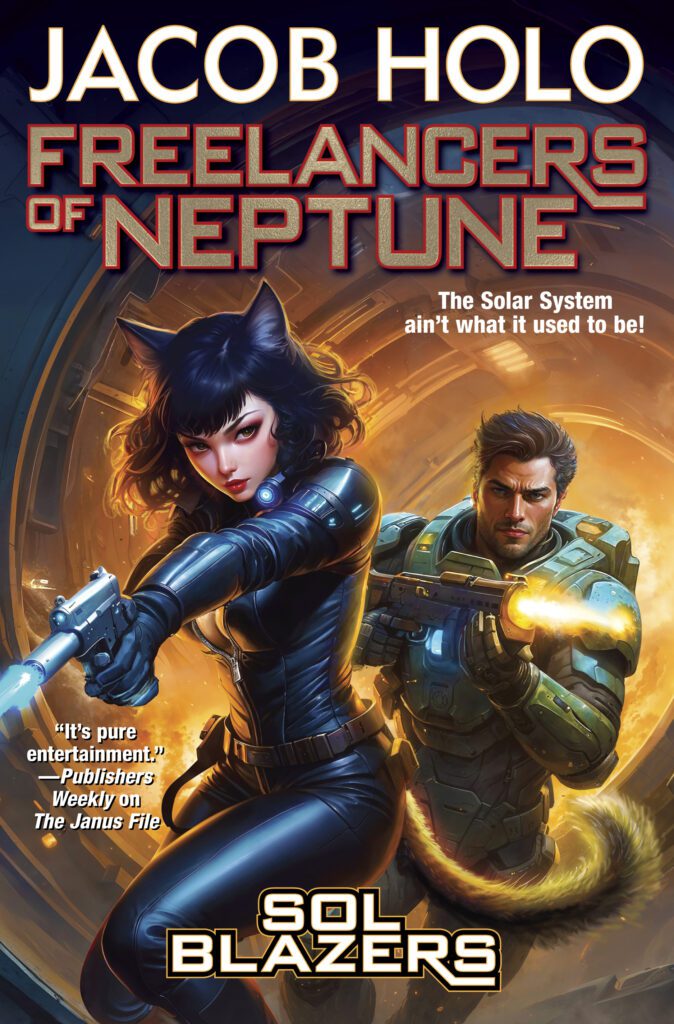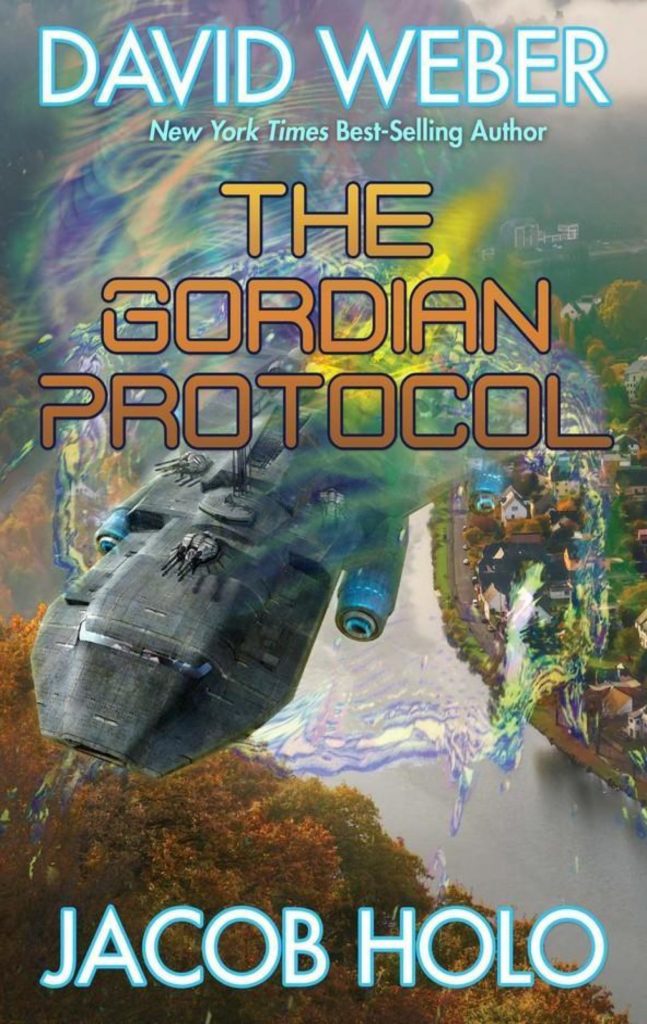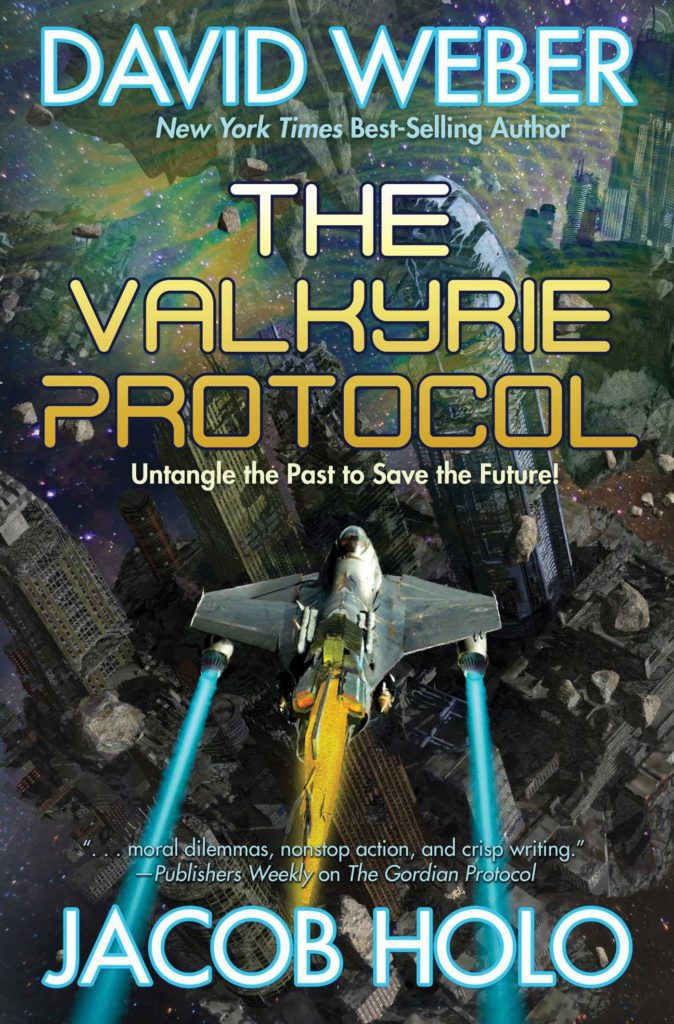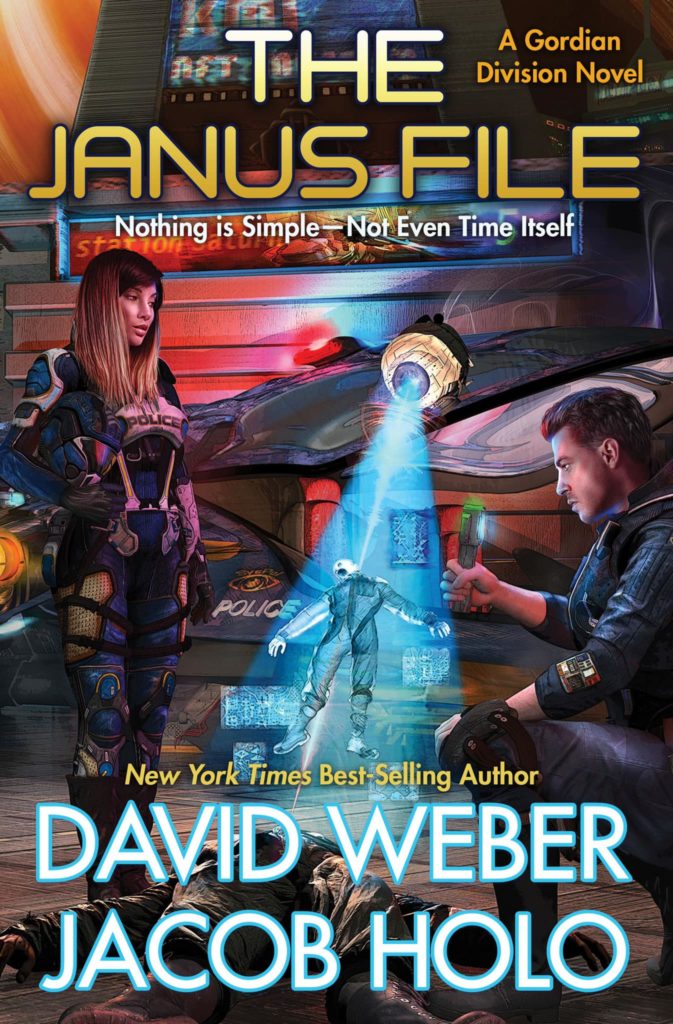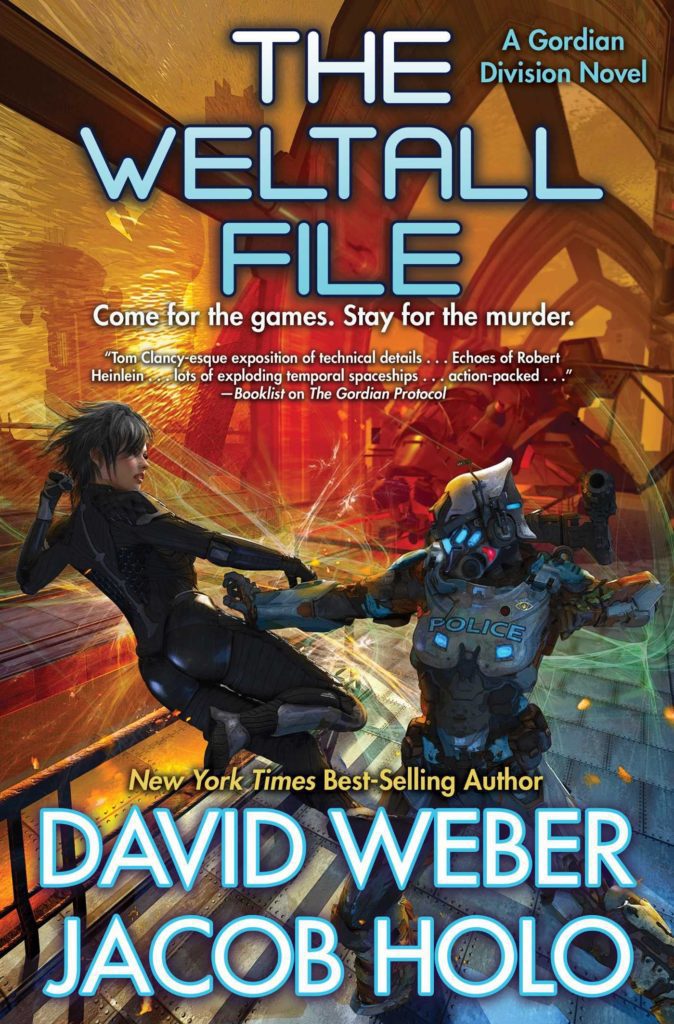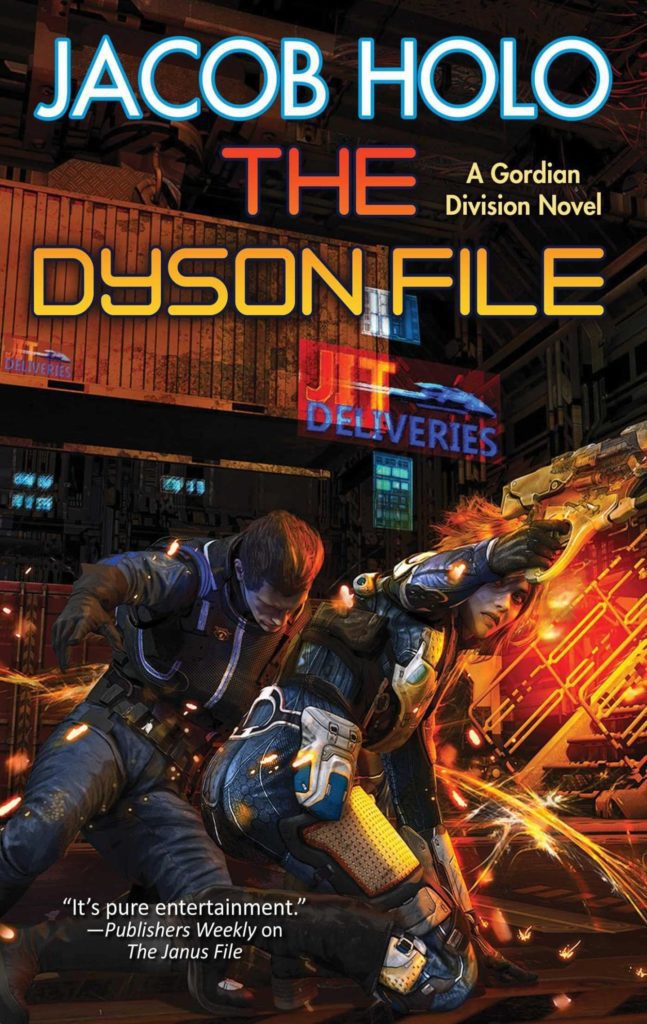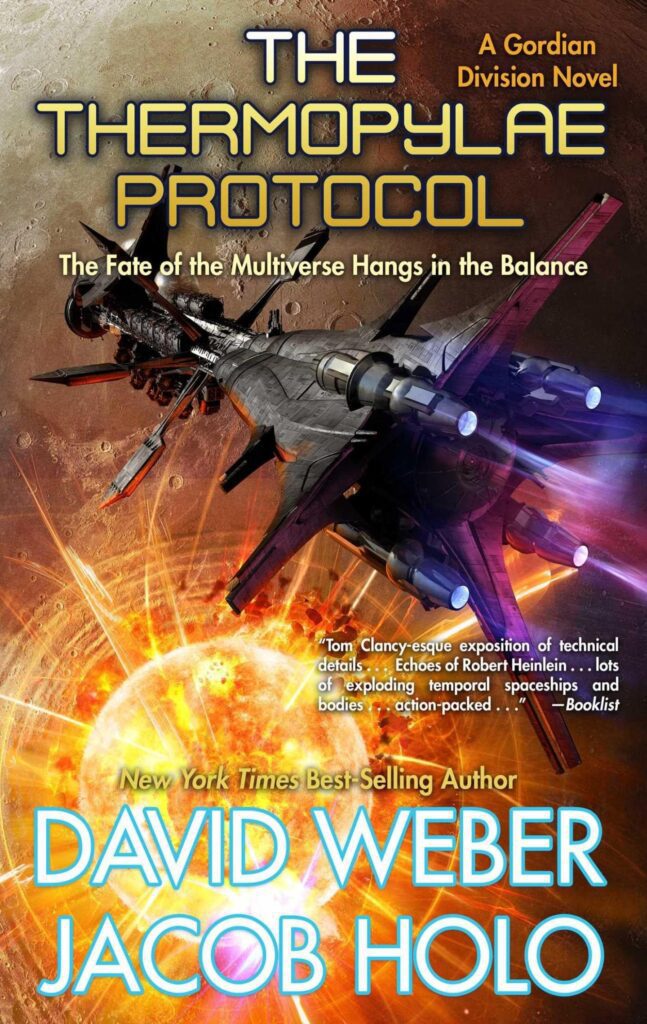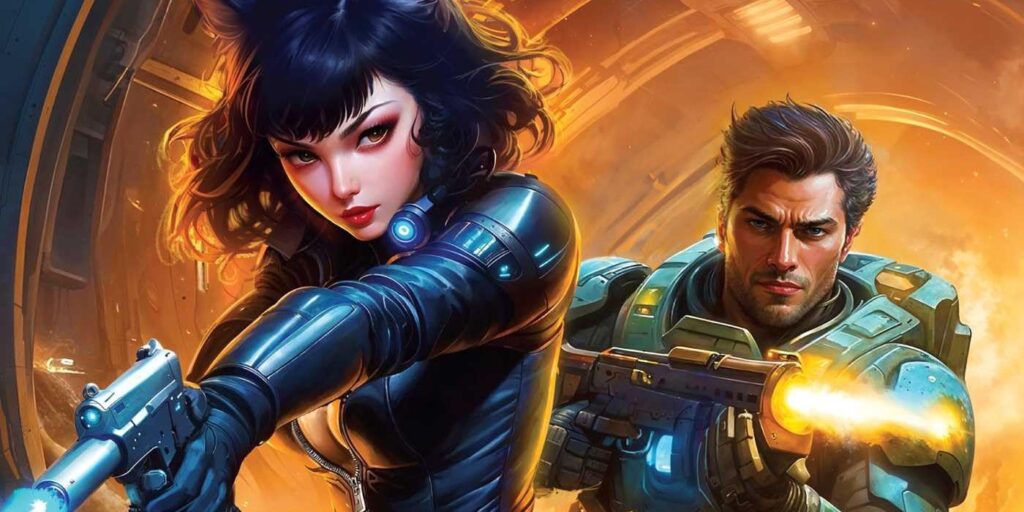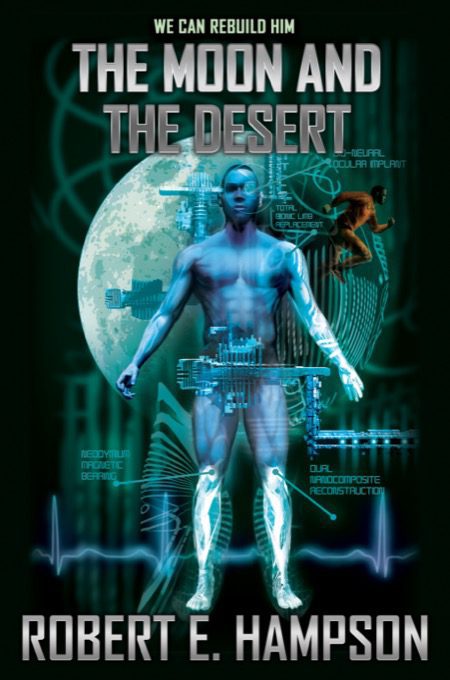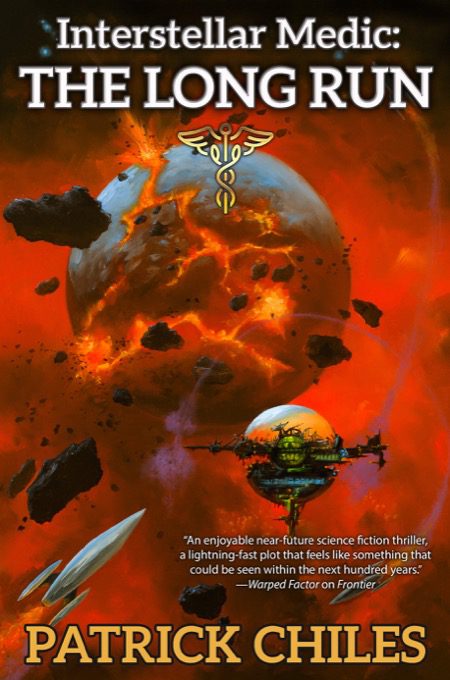Q and A (and PRIZES!) with DAVID BADURINA, author of SPACE PEW PEW
Monday, August 12th @ 8pm EST
H.P. Holo/Edie Skye chats with author David Badurina about the absurd sci-fi humor of SPACE PEW PEW … and gives away a signed set of SPACE PEW PEW trading cards!
Support the Kickstarter here: https://www.kickstarter.com/projects/threeravens/space-pew-pew
Visit David’s Website Here: https://davidbadurina.com/
***
SPACE PEW PEW is a story about friendship, loyalty, and camaraderie set in the unforgiving expanse of the universe!
Alex (a charming, underachieving smuggler) and his best buddy Toshiro (a sarcastic android) piss off a Euclidian arms dealer and end up as major players in an intergalactic war!
There’s oodles of laughs, plenty of violence, more pop-culture references than you can shake a mediocre CGI-infested prequel trilogy at, and penis jokes!
Also, the author is very attractive. And poor. You should really buy this book.
***
Support the podcast (and/or buy Dazzle treats) at …
Buy Me A Coffee: https://buymeacoffee.com/holowriting
Ko-Fi: https://ko-fi.com/holowriting

